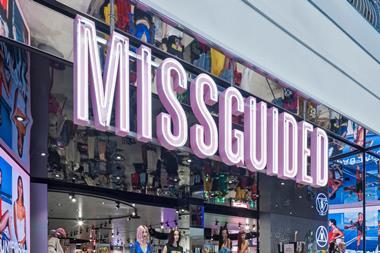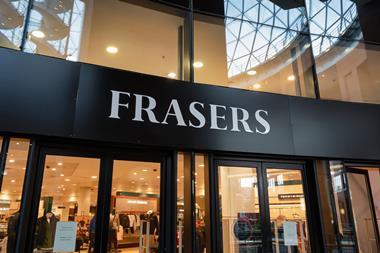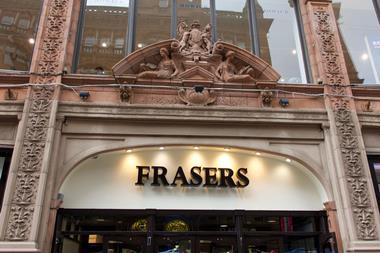For years Findel was a well-respected, profitable home shopping and educational supplies business. Group sales hit £300m in 2002, peaking at close to £650m six years later.
The home shopping component had grown faster, from £137m to £410m, boosted by acquisitions since 2006 of Letterbox, Confetti,
Iwantoneofthose.com, Kleeneze, Kitbag and The Cotswold Company, plus the repurchase of Webb Ivory. But only Kitbag and Kleeneze remain, along with the existing Express Gifts, itself now rumoured to be on the block, leaving not a lot - certainly less than the currently annualised £350m. The others came and went within two years. In the meantime, the share price has gone from 700p in autumn 2007 to below 10p three years later.
Retail Week Knowledge Bank’s profile of Findel tracks the debacle, attempting to interpret the strategy -increasing online sales and niche catalogues versus credit-based, larger catalogues, then seemingly reversing the tactics in practice. It is the comings, goings and results in the home shopping division that cause particular concern. While Findel’s results highlight ‘underlying’ home shopping operating profits of £34m and £30m in the past two financial years, giving respectable margins approaching 10%, the accompanying writedowns approached £120m, while the group’s 2009 refinancing had to be substantially topped up.
Management must inevitably take the blame, whether for flawed strategy and acquisitions, or their implementation and operation - almost certainly both, given the scale of the problems. The 2010/11 interim and full financial year results look like being crucial to Findel’s future, rather than longer-term deliberations about performance, opportunities, sales dynamism and sustainable profitability.
























No comments yet